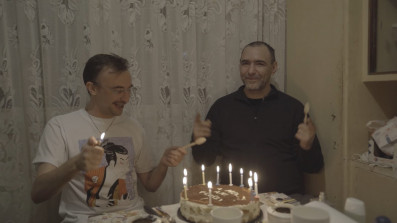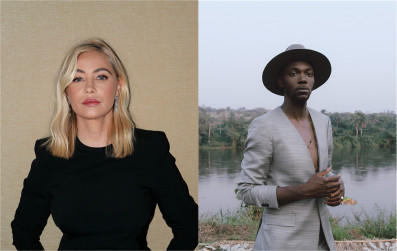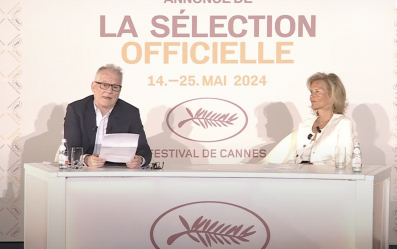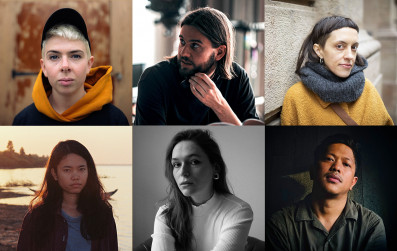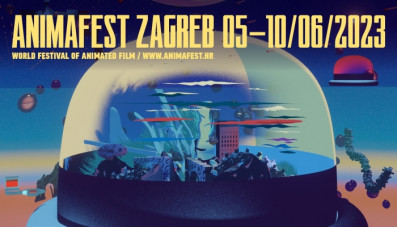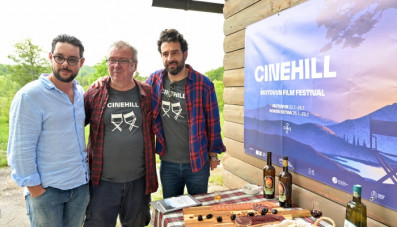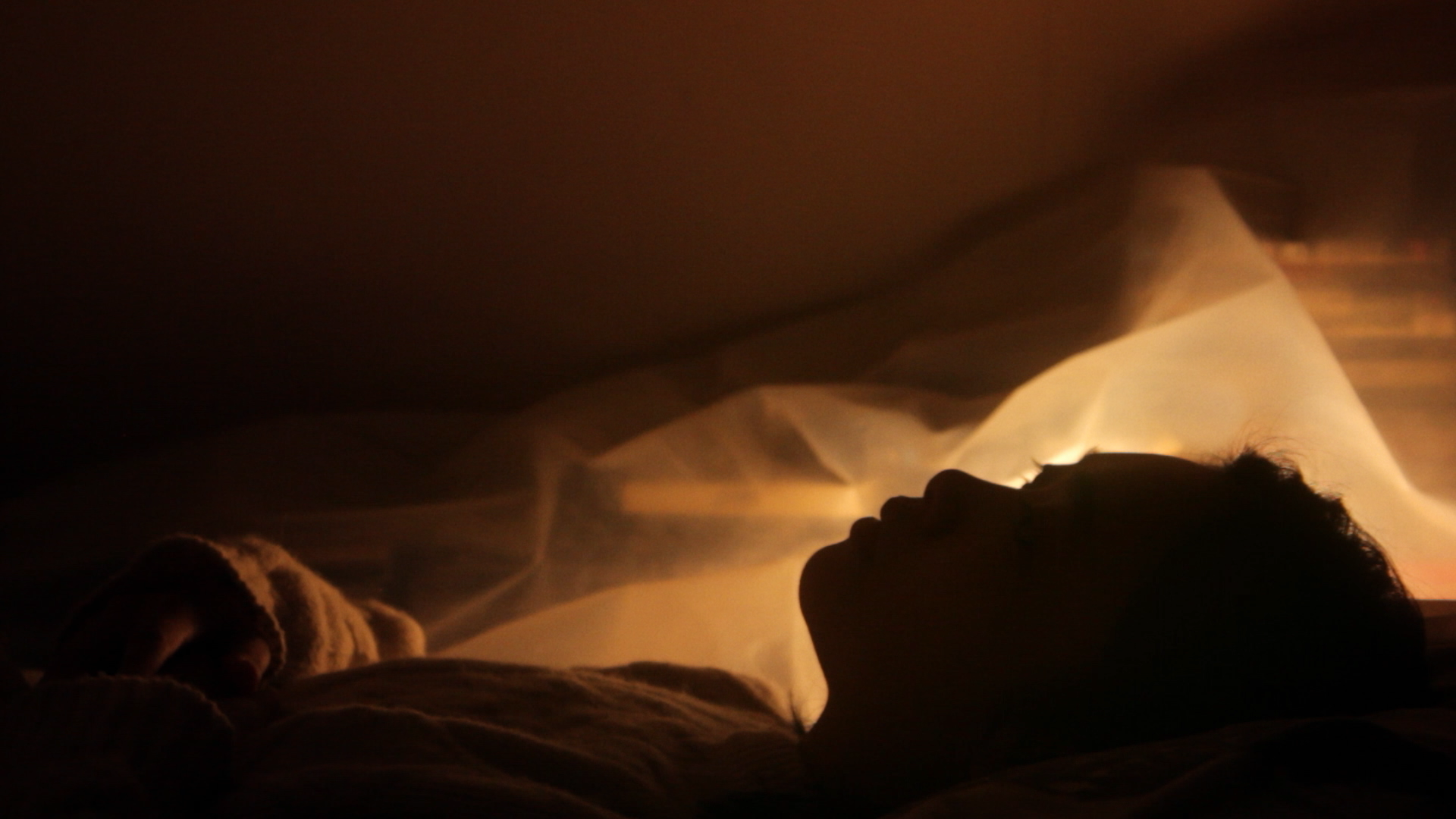
PLJFF week 3 programme:Politics of the Ordinary: Care and Political Repair
Turning the camera towards the land
The ideology of progress, grandiosity, and supremacy has brought humanity to the current historical moment of hopelessness and destruction. The planet is on the verge of dying, but the land does not forget - each of its layers is carved by all the violence we imprinted on every living organism of it. How to reduce damage, evoke hope, inspire resistance and solidarity?
- Turning the camera towards the mountains, the rivers, towards the land might seem a minor form of resistance. Still, we do believe it is the only way for us to learn. Because it's time for care and repair. Are they really a silent witness? Or is it us the ones who do not want to understand their language? Collectively, it’s time to look at the glaciers, to visit the village of our grandmother, to climb, to walk, to run. It’s time for care and repair, states the message of the program selectors of the 15th Pravo Ljudski Film Festival, Kumjana Novakova and Diogo Pereira.
The films of the programme Politics of Ordinary: Care and Political Repair explore models for a different life on the planet through existing or forgotten community practices. Film You Think the Earth is a Dead Thing by Florence Lazarus investigates the ancient knowledge about the land, severely destroyed by human greed. Biodiversity on the Caribbean island of Martinique has been destroyed by pesticides used on banana plantations, but local farmers resist – their traditional methods and almost forgotten knowledge bring hope for possible recovery.
Another returner to PLJFF is Kaori Oda, a director with a deep connection to Sarajevo and PLJFF. Oda is presenting Cenote – a film that explores the natural sinkholes of Yucatan, Mexico, called 'cenotes'. Through hallucinatory underwater footage, the film tells a fascinating story of the present and the past of the people living nearby. I don't like to explain what the film is about. Wherever you are now, wherever you are from, if you could feel the places and the people, if there is something you could connect with your past memories, I would be very glad, said Oda in her video introduction to the festival audience.
Our talks with the directors continue this week as well. Film critic Arman Fatić will host Allison Chhorn, the director of The Plastic House, a fascinating docu-fiction on isolation, loss, uncertainty, and healing. A young woman works in a plastic house, reliving the memories of her parents, healing through the slow, physical labour. Join the conversation with the director on December 13, on PLJFF Instagram.
A visual poem dedicated to all women who fought for freedom, Homelands by Jelena Maksimović will be shown within this programme too, but also on Radio and Television of Bosnia and Herzegovina (BHRT). The discovery of anti-fascist roots, female family heritage and collective memory under the ruins is the backbone of this meditative feminist film.
The films of the programme Politics of the Ordinary: Care and Political Repair will be open from December 8 to December 13 on our platform pravoljudski.org.



